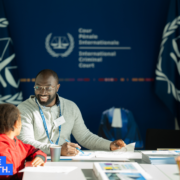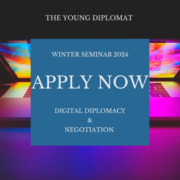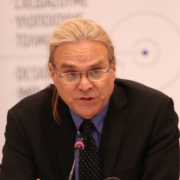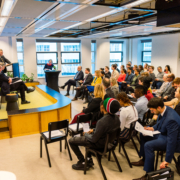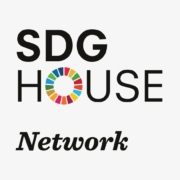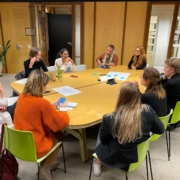Breaking Barriers: Empowering Women in Humanitarian Diplomacy
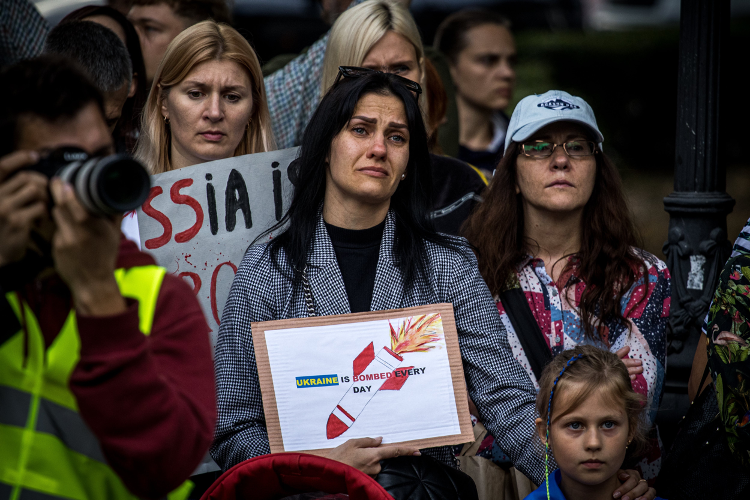
By Loretta Monique
In the complex and challenging world of humanitarian diplomacy, there are stories that need to be told, issues that need to be addressed, and voices that need to be amplified. In the second episode of our series in collaboration with UN Women, our guest speakers delve into the subject of overcoming gender barriers in humanitarian diplomacy. To better understand the context, this article will take a closer look at the creation of UN Women, the significance of its special branch dedicated to women’s rights, and the harrowing statistics that highlight the impact of conflict on women and girls, with a specific focus on the war in Ukraine.
Why This Podcast?
Humanitarian diplomacy, though a vital for responding to global conflicts and crises, has often ignored the distinct and disproportionate suffering experienced by women and girls during conflicts. In the second episode of this series, Kirkach Natalya Aleksandrovna and Dr. Salla Turunen explore the potential of humanitarian diplomacy in the context of the Ukraine crisis, reflecting on how gender can influence access to humanitarian negotiations and how to build the capacity of women to overcome gender barriers to humanitarian diplomatic efforts.
The war in Ukraine
The conflict in Ukraine, which erupted in 2014, has had devastating consequences for the entire population, but women and girls have borne a particularly heavy burden. “A woman currently defends the country and is a volunteer and is a worker”, Natalia shares in this Holosy episode.
Here are a few statistics:
1. Displacement: Over 1.7 million people have been internally displaced in Ukraine. Among them, women and girls face unique challenges in accessing essential services, healthcare, and education.
2. Gender-Based Violence: The conflict has exacerbated gender-based violence, with reports of sexual violence, domestic abuse, and exploitation on the rise. Many women and girls live in fear of these threats daily.
3. Economic Hardship: Women’s economic participation has been severely affected. As conflict disrupts livelihoods, women struggle to support their families and access economic opportunities.
4. Underrepresentation: Women are underrepresented in peace negotiations and political processes related to the conflict, limiting their ability to influence the outcomes and advocate for their rights.
The collaboration with UNWomen
UN Women was established in 2010 with the mission of advocating for gender equality and empowering women worldwide. One of its key areas of focus is peace and security, emphasizing the role of women in conflict resolution and post-conflict reconstruction. The creation of UN Women reflects the recognition that gender equality and women’s empowerment are integral to achieving sustainable peace and development.
Within this framework, UN Women’s Peace and Security program plays a pivotal role in addressing the distinct challenges faced by women in conflict zones. By addressing the root causes of gender-based violence and advocating for the inclusion of women in peace processes, UN Women helps ensure that women’s voices are heard and their rights are protected.
You can listen to the Holosy Podcast on Spotify and Apple Podcasts.
For more information on the series, please visit this page

